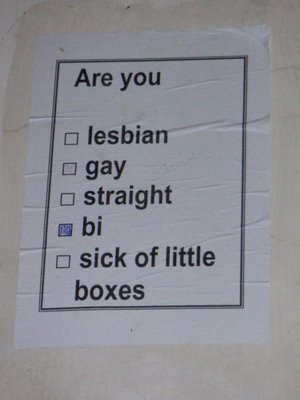the herbie debate
Mr. Hancock, the pianist, came on stage with an acoustic quartet that included the saxophonist Wayne Shorter, the bassist Dave Holland and the drummer Brian Blade. The performance only lasted half an hour, but they played an enormous amount of music.
Howard Mandel
Pianist Herbie Hancock has recorded one perfectly sublime jazz album (Maiden Voyage) and a couple of dozen significant others. He’s composed two simple, irresistibly catchy tunes (“Watermelon Man,” “Chameleon”) that will be jam session favorites as long as there are fake books and garage bands, plus the first mainstream single to feature scratching (“Future Shock”) and the first jazz sample (from “Cantaloupe Island”) featured in a huge crossover hit (“Cantaloop” by U.K. DJs Us3). He helped galvanize Miles Davis’ exploratory ’60s quintet, popularized the Fender Rhodes electric piano and delved deeply into synthesizers while never abandoning the classic grand.
So why are his concerts so dull?
(...)
Two pianos stirred by virtuosi such as Hancock and Rubalcaba can’t possibly sound bad in a concert hall like Carnegie, but they are challenged to sound meaningful.
(...)
Where is Hancock as leader of this gang? Why can’t or won’t he make a statement, rally his troupe to focus its expression, reach out to the listeners, wrap us in the music and take us higher? If jazz doesn’t do that, if it only wants to be admired, it’s ready for burial now.
Has Herbie Hancock lost his edge? Physically fit, active and articulate, maybe he's too comfortable. Chilled. A California Buddhist, multiple Grammy winner and NEA Jazz Master. Fulfilled. Yet ambition, conflict and desire have always lent jazz excitement.
On Rubalcaba, an amusing tidbit from Ratliff:
His solo set on Tuesday night at the Jazz Standard was totally, purely meant for the concert hall. And the concert hall might not have been good enough. A soundproof room, maybe. On the moon.

|